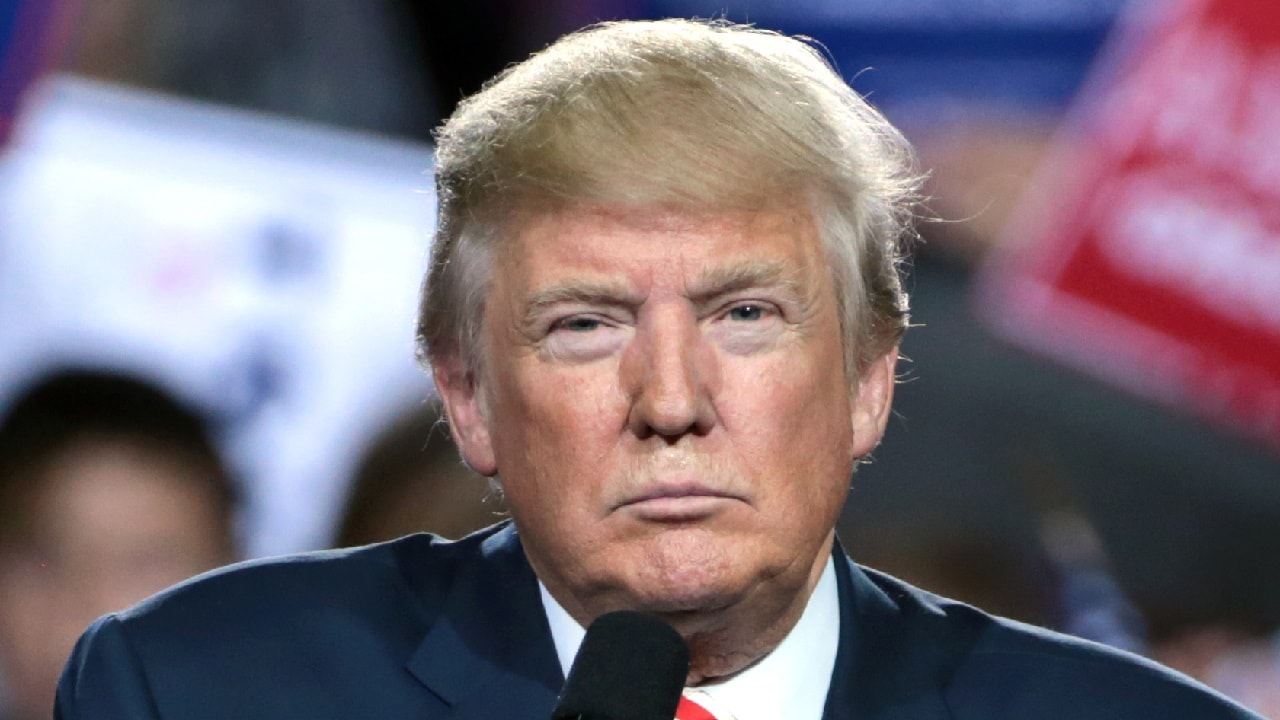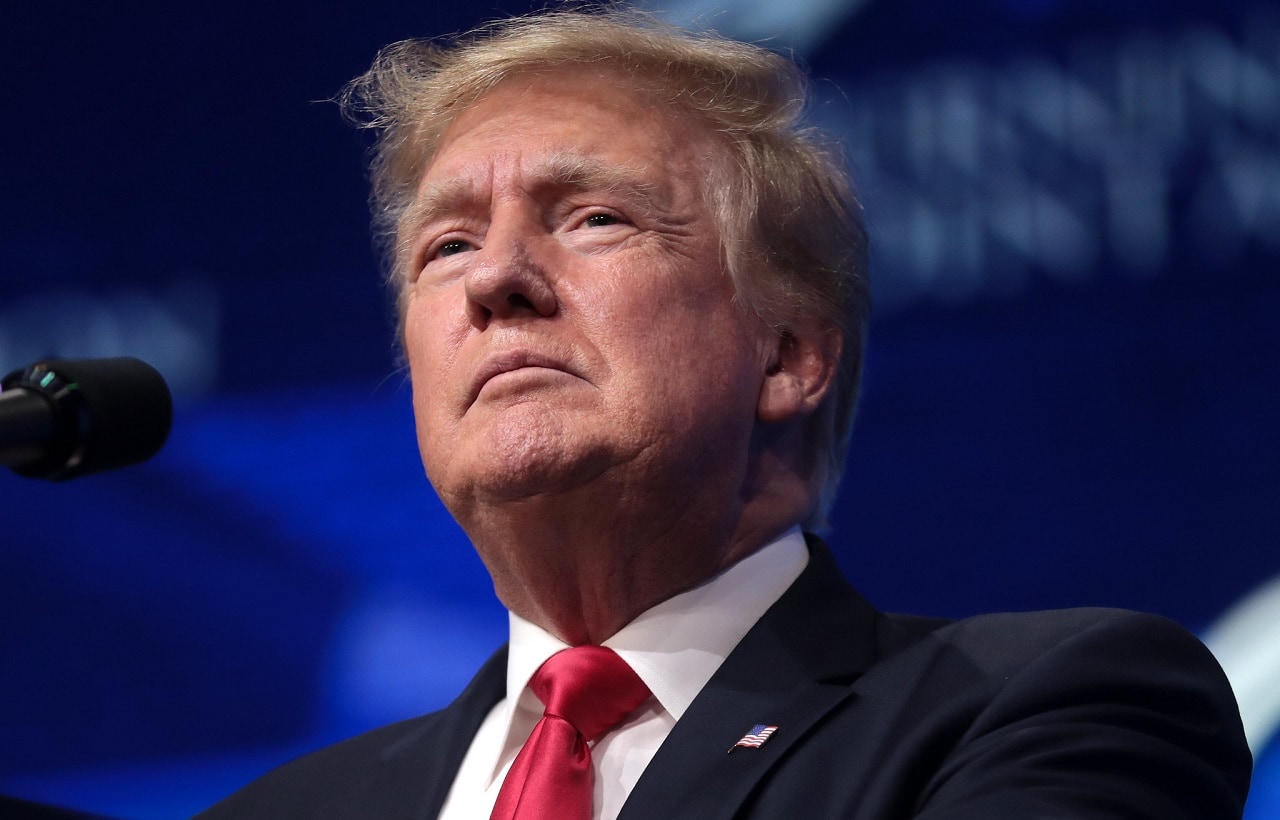In the days after Pearl Harbor, nearly every American agreed on the important stuff. This was an attack on all of us. The Axis was our top national security threat, and nothing else was close. Politics and party affiliation didn’t matter. America was in lockstop, and the declaration of war against Japan passed 82-0 in the Senate and 388-1 in the House.
On that horrible day, over 2400 people died. Fentanyl, another threat originating outside the United States, often sent here as an explicit attempt to disrupt American society, killed over 200,000 in just two years.
To be clear, I am not minimizing Pearl Harbor. It is the “day that will live in infamy.” My grandfather served World War II. Yet the unimaginable toll that fentanyl is taking on Americans begs the question of why this threat is not getting the “we’re all in this together, all hands on deck” response we had after Pearl Harbor.
It should. In terms of Americans harmed, it is far and away our greatest national security threat. We’ve made strides in combating it, but it is still killing nearly 75,000 people a year, and the familial, economic, and social pain such deaths wrought do not end with the victims themselves. As we did during World War II, we must leverage all of the tools in our arsenal to combat it, and politics must end at the (metaphorical) water’s edge.
We also have immense tools at our disposal to crush fentanyl’s routes into the country. As the CEO of an AI company, I’m partial to technological solutions. Well-crafted AI tools can take enormous troves of data to identify exactly how, when, and where fentanyl is entering the country. Then we can target resources to plug those holes. As the AI learns from its successes (and failures) in stopping fentanyl, we can get better and better at anticipating future shipments. Eventually, we can even discover where the fentanyl originates and stamp it out at its source.
Which brings me to two other tools in our arsenal: our intelligence community and international partnerships. AI is not the only way we can find out where fentanyl originates. We have the largest and most sophisticated intelligence apparatus in the world, and we can train that apparatus on fentanyl smugglers. We can deploy drones surveillance assets and human intelligence at a far greater scale. We can hone our communications intercept capabilities to focus on smugglers, too. (As the vast majority of communications about fentanyl smuggling is from sources overseas, I am not concerned about domestic spying issues).
We know that most fentanyl comes from Mexico, but as that’s a nation of nearly 130 million people, we need to get more specific.
We also need to leverage eager partners in the Mexican government. Fentanyl cartels are a major source of domestic instability in Mexico; in parts of the country, they are the de facto government. By ramping up our support of trusted units within the Mexican military, we can both increase stability for our southern neighbor and help them take out our mutual enemy at the source.
Historically, we have also put aside politics when we recognize a truly destabilizing national security threat. During World War II, pacifists and people willing to make concessions to Axis were pushed to the farthest margins of the political debate; America made a show of standing united, regardless of political party. Similarly, during the Cold War, Democrats and Republicans had deep disagreements over the prosecution of the war–ironically, back then it was Democrats furious over Europeans’ lack of burden sharing and Republicans willing to look the other way so we could continue to counter Russia–but both sides understood the Soviet Union was an existential threat.
We must take on the same approach with fentanyl. By all means we should debate each other on the most effective way to stem the flow; Democrats will likely support more job training and treatment to help dry up demand for fentanyl, while Republicans will favor tougher controls at the border and ports of entry. There should be no disagreement, however, over whether fentanyl deserves our attention and resources. Further, a comprehensive plan to fight fentanyl should not and cannot be viewed as a political victory for one side and a political defeat for the other.
Rather, an effective plan must be viewed as an American victory.
I think we are turning the corner. The Trump Administration seems determined to treat the fentanyl scourge as the national security threat it is. To its credit, the Trump Administration’s Department of Defense–notably Elbridge Colby, its nominee for Undersecretary of Defense for Policy–clearly sees it that way. Colby in particular sees fentanyl, and the Chinese Communist Party’s refusal to do anything about it, as at least partially driven by China’s desire to undermine the United States. President Trump has deployed 3600 troops to the border to help stem the tide and has successfully pushed Mexico to send 10,000 troops of its own.

Donald Trump speaking with supporters at a campaign rally at the Prescott Valley Event Center in Prescott Valley, Arizona.
Further, even though I am an Eisenhower Republican, I can give Democrats their due. They have leapt onboard the HALT Act, a multi-pronged approach for combating fentanyl that includes stiffer penalties for dealers, making it a truly bipartisan effort.
We need more of that “we’re all in this together” spirit, as we had after Pearl Harbor. Even more so, however, we need that spirit to translate into action. We need to use the immense tools at our disposal. We’re America; once we take a national security threat seriously, we beat it, without fail. There hasn’t been another mass casualty terrorist attack on the scale of 9/11 since. The Soviet Union collapsed and we toppled the Third Reich.
It’s within our power to beat fentanyl, too. Let’s finally act like it.
About the Author:
Sultan Meghji is the CEO of Frontier Foundry and the former Chief Innovation Officer at the Federal Deposit Insurance Corporation.

